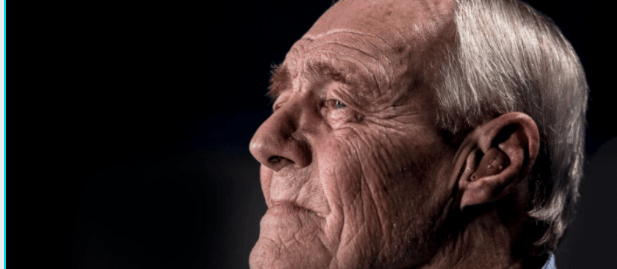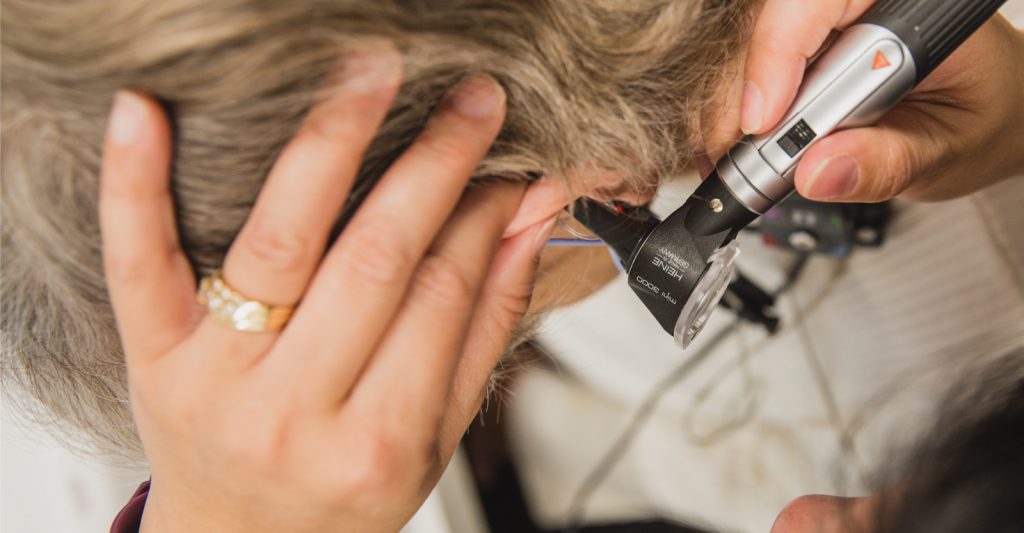GETTING HELP IS EASY
![]()
Book an appointment
Book now>
![]()
Send us an email
Email us now>
![]()
Give us a call
Call 604-736-7391

*** Please note all our offices will be close for the Civic Holiday – Monday, August 5, 2024***

Screen. Rehabilitate. Communicate.
World Hearing Day 2021 marks the launch of the first-ever World Report on Hearing.
World Report on Hearing – Executive Summary | DOWNLOAD
Integrated People-Centred Ear and Hearing Care – Policy Brief | DOWNLOAD

Aim
The World report on Hearing aims to provide evidence-based guidance to drive actions for integration of quality extended health care services into national health plans of Member States, as part of their work towards universal health coverage.
Did you know?
Public health measures can prevent hearing loss caused by
At every stage in life, hearing loss can be addressed through
Universal access to quality ear and hearing care is possible through
Key recommendations to ensure universal access to quality ear and hearing care
Wavefront Centre for Communication Accessibility is committed to create a barrier-free environment for our staff, clients and visitors. We acknowledge that our work takes place on the unceded homelands of the xʷməθkʷəy̓əm (Musqueam), Skwxwú7mesh (Squamish), and səl̓ilwətaɁɬ (Tsleil-Waututh) Nations.
Wavefront Centre for Communication Accessibility is the operating name for Western Institute for the Deaf and Hard of Hearing, a registered charitable organization. Charitable Registration Number #108200098RR0001
Accessible brand and website made with heart by Harc Creative